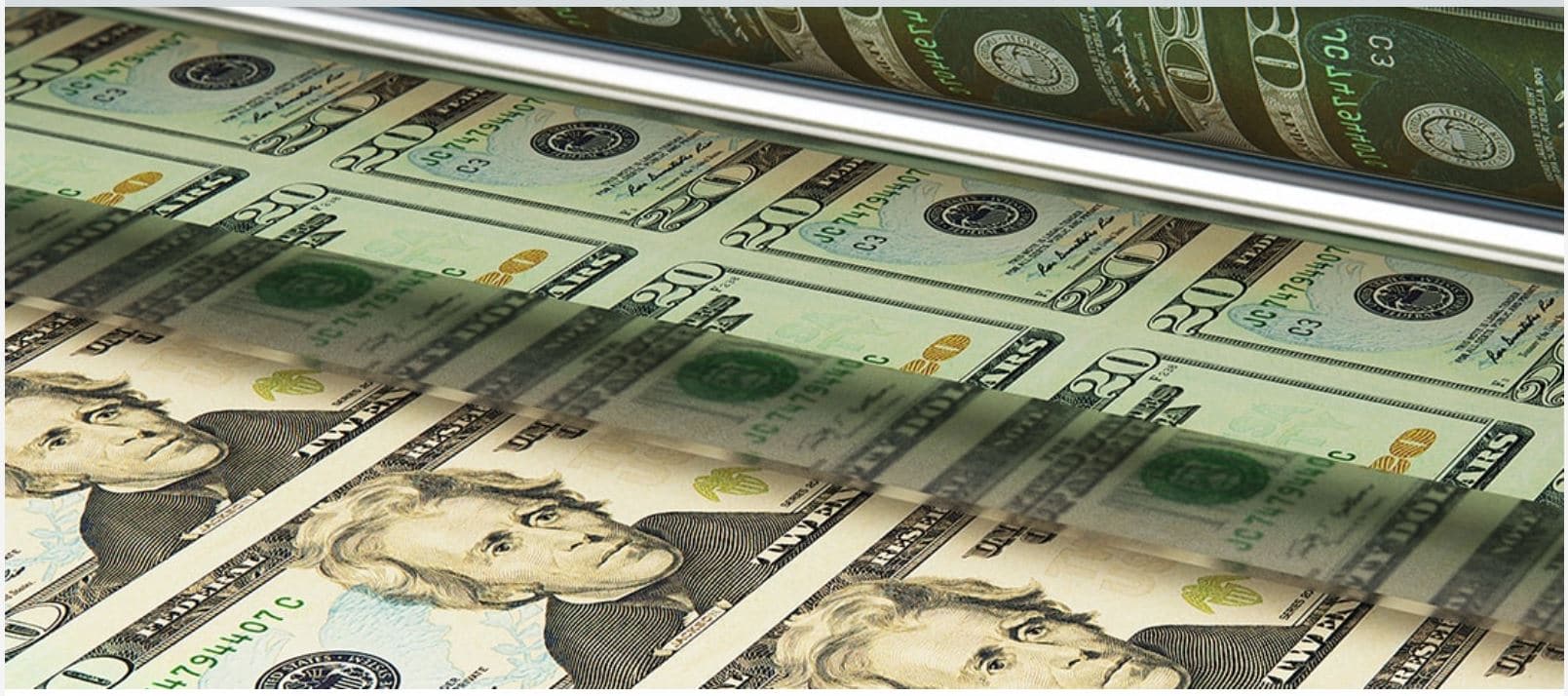Better Now or Better Before?

America was in the middle of the Recession, the US Government was announcing an anticipated shut down, the nightly news was reporting stories about company layoffs, and reports of the stock market crashing was a daily event. 2008 created a lot of stress for many people, and brought anxiety regarding a recovery from the Recession.
What did you learn from eight years ago? Has the past changed how you look at the world, your job (if still employed), how you manage your finances, and how you manage your retirement assets? Did you benefit over all from a low stock market by purchasing extra shares, or did you liquidate and are now trying to ‘catch up’ on lost assets? As we embark on the future, now is a good time to review where you are financially and make a plan to move forward. Reviewing may help protect against past mistakes reoccurring by thinking about what happened to you personally back in 2008. Many people were not prepared with emergency funds, portfolio adjustments, and a plan to wait in order to recover and readjust.
To give you a sense of where we are now, here is the latest as we consider if we are better now:
The S&P 500 Index has been above 2000 most of the second half of 2016, in comparison to 735 in February 2009.
The median house hold income increased in 2015 by 5.2% to $56,516. Two thirds of Americans say they are making more income then they used to, with only 20% saying they are making less, according to the August 2016 Gallup American Satisfaction Survey.
If you feel you haven’t recovered or moved ahead financially since the Recession, consider meeting at our Las Vegas Financial Advisory to discuss your personal situation regarding debt issues, savings opportunities, and planning for your future so you feel you will be better off in the future than in the past.
In What Season Will You Retire?

If you retire during a ‘bull market’ you will be fortunate in that your portfolio could get a boost. Portfolios during this type of market grow and blossom just like the seasons of spring and summer produce growth in nature.
If you aren’t as fortunate and retire during a ‘bear market’, having a well thought out plan can help you manage some risk. Preparing for ‘unseasonable conditions’ can help prepare you for the possibility that your retirement savings could be damaged as you start withdrawing assets. If the market decline lasts awhile, it could make it harder to make up for lost values. Try a different approach as you prepare for ‘weathering the seasons’ of the market throughout your retirement:
Set Aside Enough Cash to cover spending for one year for all of your living expenses. Whatever your ‘number’ is, this cash amount should be what you need after fixed resources such as monthly Social Security or Pension payments.
Determine Assets that can be Easily Liquidated. This should be 2-4 years of what you would need in retirement for living expenses. For example, if you determined you need $45,000 per year (what you determined for your one year of living expenses) you would need two to four times that amount. Because we know a market downturn can last more than one year, planning for additional years of ‘bad weather’ can make you more resistant to portfolio damage.
Continue to Grow Assets. Preserving your portfolio during a bear market is key to growth over the long term. If you don’t have to deplete assets you have a greater chance of your portfolio recovering to past values, or possibly a greater value in the future.
You shouldn’t change your plan or portfolio because of an unstable market. Try to ‘weather the storm’ and be proactive about which assets should be depleted and in what order. Preparing yourself prior to retirement by having these three ideas in place will help you feel more comfortable that you can take on the risks and get to your goals no matter what the season brings. Contact our Las Vegas Financial Advisory to learn more
A Plan for Managing Your Debt in 2017

CREDIT DEBT:
- Order your credit report through a free reporting online option such as Free Credit Report if you haven’t reviewed your credit score and creditors tied to you in the last year. Check for any incorrect information and if you find errors, file a claim on the same website you’re using to access information.
- Pay off the highest interest rate debt as quick as you can. Once the highest creditor is paid off, focus on additional payments going to other creditors in order of interest rates.
- Check your account statements for errors and late payment posts. Contact them to ask for reversal of late payments if you can prove errors on the creditor’s part.
- Use your credit to your advantage. Using credit and paying it off each month helps to build a solid credit history.
- Shop for better interest rates for credit accounts. If you anticipate carrying debt for more than a year, consider transferring balances to a lower interest account.
PROPERTY DEBT:·
- See if refinancing your first mortgage at a lower rate can benefit you, but do not lengthen the time of the loan. Banks make money on refinances at a lower rate when they can add years onto the loan.
- If you have a second mortgage, determine if combining it with your first mortgage through a new loan at a lower interest rate makes sense. Again, try not to lengthen the loan duration.
- Vehicle and recreational vehicle loans should be paid down in a similar manner as a credit card, with the highest rate note going first through increased payment.
- Learning to manage your debt and decreasing your debt will help you enjoy what you work so hard for because it will truly be yours once it is paid off. What you ‘own’ really isn’t yours until then.
Year End Purging and Document Storage

Financial Statements- it is not necessary to keep each one and with on line access, statements don’t need to be ‘stored’. Access them on line when you need them and print a copy for financial meetings. Most companies keep access to on-line statements for four years. Accessing a copy beyond that may require assistance from a customer service person.
Tax Returns- If you have your returns prepared by a professional (CPA, CMA, not bookkeeper), keep the last three years. This is the common timeline for an audit to occur, or tax records used for lending purposes. Generally your tax professional will hold records for 7 years. If you have gone through bankruptcy, divorce, or a business closing keep records for 10 years.
Life Insurance Policies- Keep indefinitely. In the case of a death claim or surrendering the policy for cash purposes, the original policy will need to be sent to the insurance company.
Home Owners, Auto, and Other Liability Insurance Policies- Keep the original document and the last quarterly statement of coverage. Each time a new statement of coverage comes, securely dispose the older one.
Identification Items, Marriage Certificates, Divorce Decrees- Keep the originals always of Birth Certificates, Social Security Cards, Marriage Licenses/Certificates, and Divorce Decrees. If children are involved and custody terms are outlined in the decree, keep until the last child is 18 years of age. For property division, keep until you have been divorced for 10 years.
Storing important documents can be done in various ways. The most common is storage at home, either in a personal size safe or other type of secured container. The problem with this method is that documents may be destroyed by fire or other natural disaster. Many people choose to store important documents in a safety deposit box off premises from their home.
A quick way to look up documents or always have a copy (not the original) is to store each document on a USB flash drive. Documents can be scanned to your computer then saved on the drive to have easy access.
Mobile apps are becoming popular for storing documents. The app stores the document once a photo is taken of the document and uploaded to the app.
Regardless of your storage preference, keep your documents up to date and secured at all times and purge out documents that are not needed by shredding, burning (think outdoor fire pit), or destroying so that the information is not compromised in some way.




